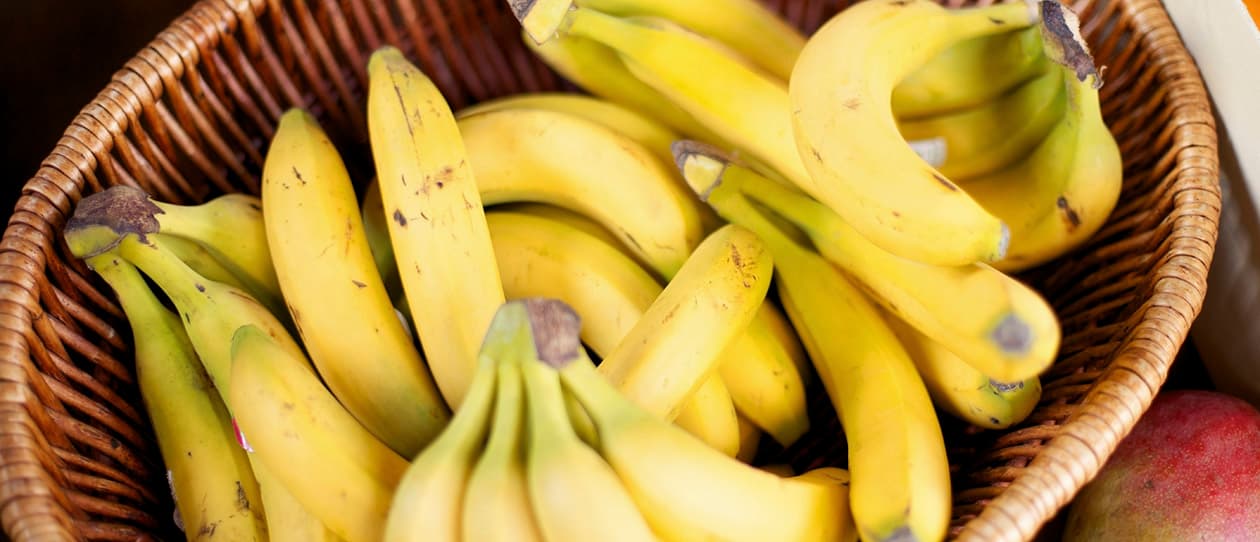
- Health hub/
- Weight management/
- The new carb scientists believe can boost weight loss


What is resistant starch?
Most fibers and starches are digested and absorbed into your body through the small intestine. Resistant starch is a unique type of fibre found in some carbohydrate foods that your body finds hard to digest. Because it "resists" digestion, it arrives whole in your large intestine. Once there, bacteria ferment it, producing fatty acids that are absorbed into your bloodstream – it's these unique fatty acids that have some interesting weight loss properties.
How does resistant starch help you lose weight?
A recent study showed resistant starch can increase fat oxidation significantly, helping to change the way the body burns fat as fuel.
One specific fatty acid produced from resistant starch fermentation – called butyrate – is thought to block the body's ability to burn carbohydrates. Usually carbohydrates are used first for fuel, but when butyrate is present, stored body fat and recently consumed dietary fat are used earlier as an energy source.
Researchers found that replacing just 5.4 per cent of carbohydrates with resistant starch increased fat burning (the use of fat as fuel instead of carbohydrates) by 23 per cent. Resistant starch in a meal is associated with less fat storage after that meal, and over the long term, that could help to significantly reduce the storage of body fat.
An additional study showed that when normal flour is replaced with a flour alternative that is high in resistant starch, the kilojoule content of that food is reduced. This is another way that resistant starch can contribute to weight management and weight loss.
Are there any extra health benefits?
In addition to weight control, resistant starch is thought to provide other health benefits, including:
- Improved diabetes management
- Improved bowel health
- Reduced blood cholesterol levels
- Reduced blood triglyceride levels
- Increased satiety (fullness) from food
What foods are high in resistant starch?
There are actually several varieties of resistant starch, although they all have a very similar function. One of the best sources of resistant starch is called Hi-Maize, which comes from a special breed of corn. It's used as a food additive in breads, pasta and breakfast cereals without altering the taste, colour or texture of the food. You can also buy it at health food shops and use it instead of flour. Other sources of resistant starch include:
- Intact wholegrain cereals, seeds and nuts, such as oats, rye, wheat, barley, semolina, corn, linseed, sesame.
- Legumes such as lentils and baked beans are a very good source of resistant starch.
- Unripe fruit, especially bananas.
- Cooking and cooling carbohydrate foods can also increase their resistant starch content, such as cold rice (sushi), cold pasta salad and potato salad.
References available on request




